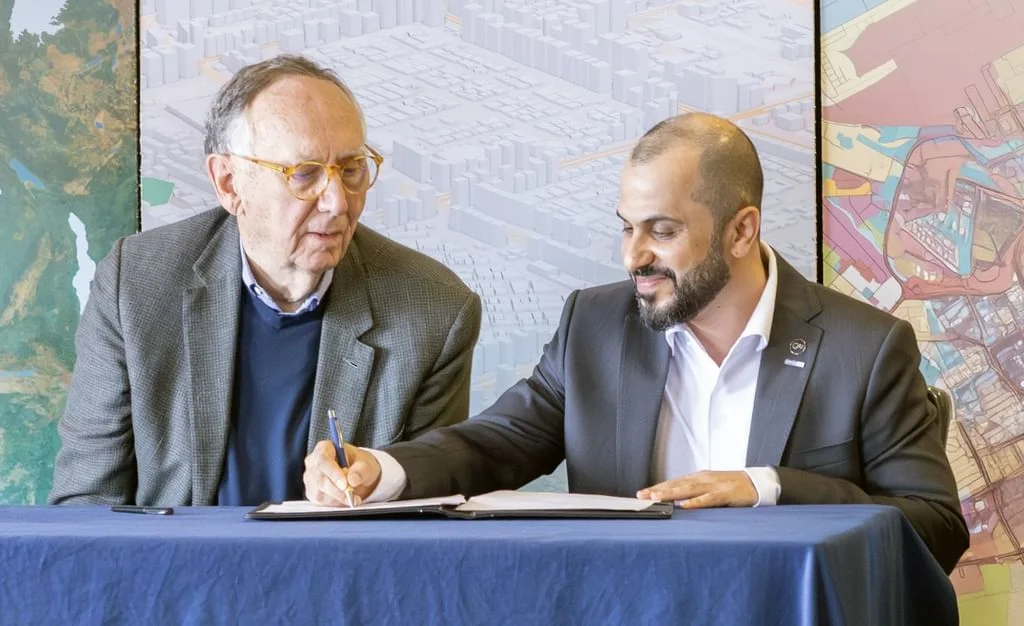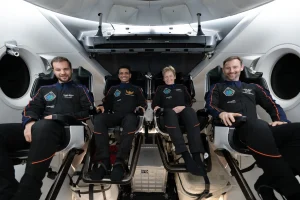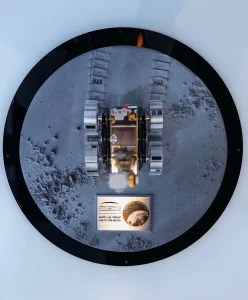This groundbreaking partnership will empower Africa’s public and private sectors with real-time, high-resolution geospatial data, reshaping how cities are built, services are delivered, and natural resources are managed.
Despite rapid progress across the continent, many African nations still lack accurate, up-to-date, and scalable mapping infrastructure. The Map Africa Initiative addresses this critical gap, enabling smarter decision-making in:
- Urban planning and smart cities
- Border security and environmental monitoring
- Renewable energy site analysis
- Emergency response and disaster preparedness
This initiative is set to become a foundational layer for Africa’s digital transformation with data that supports innovation, economic growth, and sustainable development.
The Role of Each Partner
- Space42, the UAE’s space and AI powerhouse (born from the merger of Bayanat and Yahsat), will lead the initiative by providing satellite data and developing digital twin technologies that model real-time change on the ground.
- Esri, the global leader in GIS technology, will manage geospatial workflows, analytics, and local capacity-building across African nations.
- Microsoft will support the project with secure, scalable cloud infrastructure through Azure, facilitating AI-powered data processing and cross-border accessibility.
Data collected will be licensed to African governments, empowering national mapping agencies to maintain and update their own geospatial systems long-term.
This initiative signals a major leap for Africa’s digital future but also a strong affirmation of the UAE’s growing presence in global space innovation. With over $44 billion invested in Africa by the UAE in 2024, and Space42 publicly listed on ADX, the nation is not only shaping space technology but ensuring it benefits life on Earth.
Projects like Map Africa represent the next generation of space-powered impact where satellites and AI enable solutions to humanity’s most pressing challenges.
This powerful intersection of space, data, and sustainable development will also be explored at the upcoming Space Travel Summit (STS) 2025, where global leaders will gather to discuss the future of space exploration, climate intelligence, and Earth-focused innovation.
Join the conversation at STS 2025 on 08 – 09 of December 2025 at the Connect Conference Expo City Dubai, where the future of space meets the future of our planet.
Source: https://www.thenationalnews.com/future/space/2025/07/31/uaes-space42-teams-up-with-microsoft-and-esri-to-build-africas-most-detailed-map/






